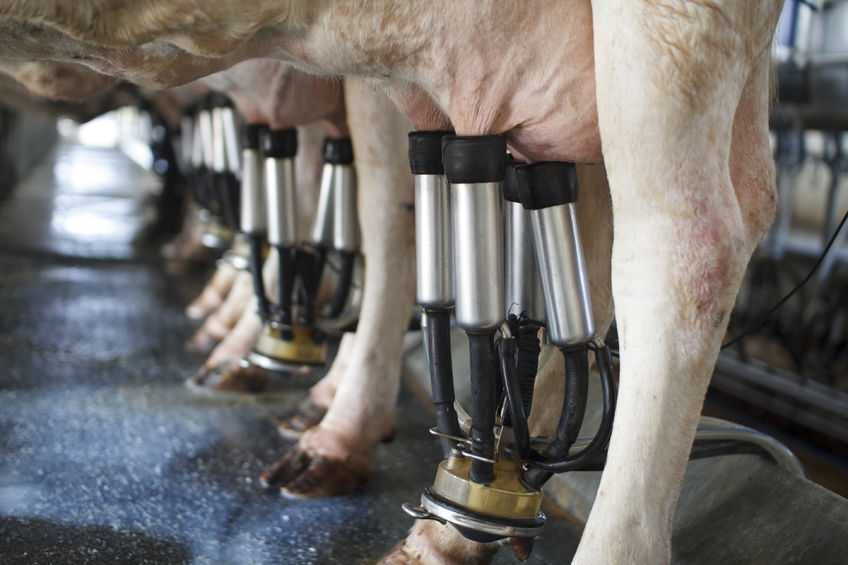
The UK dairy industry is "increasingly strong, vibrant and ambitious" to successfully meet unprecedented challenges, industry leaders have said.
The industry is one of "great scale and relevance" which plays a crucial role in consumer diets, rural communities, the economy and the nation’s food security.
The comments were made at Dairy UK’s annual dinner in London, attended by industry leaders and politicians.
Paul Vernon, chairman of the trade association, said immediate priorities will be to promote dairy nutrition, highlight positive environmental and societal impacts of dairy and address Brexit-related issues.
Ensuring that the Government understood the full implications for farmers and processors of their proposed regulation of raw milk contracts will also be a priority to be worked upon.
Mr Vernon also revealed a number of changes to Dairy UK to make it "stronger and more focused" following a recent strategic review.
“We will be increasing our staffing and increasing our communications capabilities,” he added.
“The Dairy Council and the British Cheese Board will be fully integrated into Dairy UK. Nutrition and health will be given a renewed focus within Dairy UK and there will be increased promotion of cheese.”
Brexit and dairy
Turning to Brexit, Mr Vernon said the "clock is ticking" and the industry needed stability and certainty of information.
“Let’s be clear, as an industry we can deal with what is to come and make a success of it - but only if we know what form Brexit might take. Knowing what transition looks like is now key and we urge those in power to give us as much clarity as possible,” he said.
“The same can be said for dairy farmers. A post-Brexit agricultural policy must help the industry progress and not hold it back. We need to ensure our dairy farmers are not disadvantaged.”
The UK dairy industry is looking at an increasing demand for dairy globally, putting world milk production on an upward trend.
The world will be consuming an extra 304 million tonnes of milk (295 billion litres) per year by 2030 as global population increases.
But disruption to dairy supply chains as a result of Brexit may force up prices, limit choice and potentially drive people to less healthy alternatives, according to a body representing European dairy processors.
The European Dairy Association (EDA), which is seen as the voice of the European milk processing industry in Brussels, has warned that the dairy industry is "no exception" to sectors' concerns surrounding Brexit.
The main priority, according to EDA, is that the relationship between the EU and the UK remains as close as possible to the status quo after Brexit and throughout the transition period.
It follows the release of a report which states there are "huge opportunities" for UK dairy after leaving the EU. However, it says the industry must "shape up" in order to exploit them effectively.
'Dairy Related Scrumptious Affairs'
Industry leaders also highlighted the positive results of the public dairy campaign 'Department of Dairy Related Scrumptious Affairs'.
The Department was launched last year as a joint campaign between Dairy UK and AHDB Dairy to remind millennials why they fell in love with dairy.
The humorous campaign seeks to shift attitudes over time and reinforce the positive values dairy brings to day-to-day life.
UK consumers continue to support dairy loyally, despite the arrival of plant-based alternative drinks and anti-dairy activism, a report released last year shows.
Figures highlight that 87% consumers are drinking cow's milk, 94% of adults buying cheese and 78% enjoying yogurt or fromage frais,
It also show continuous growth in volume and value of sales of milk, cream, cheese yogurt, butter and organic dairy products.
